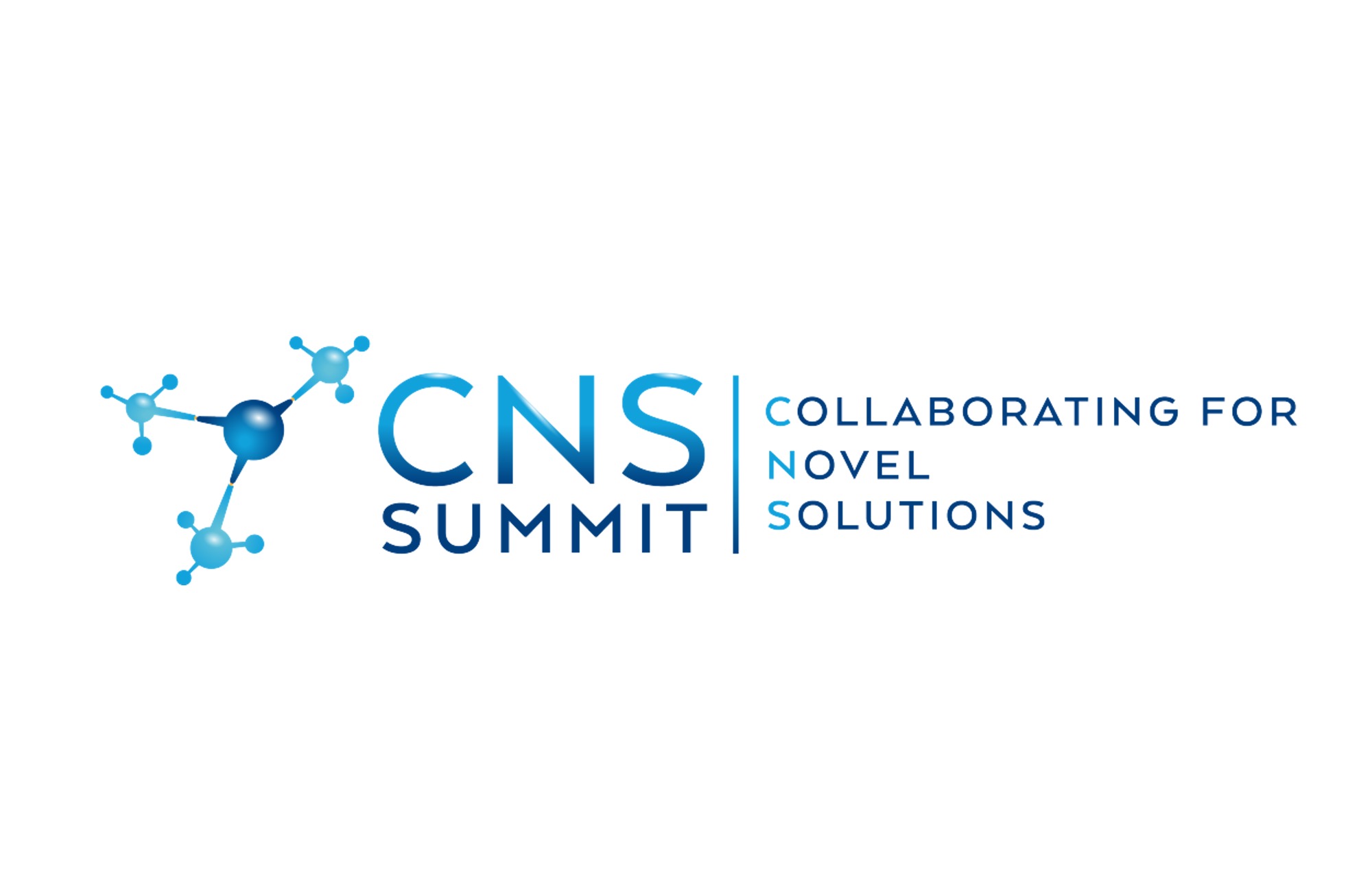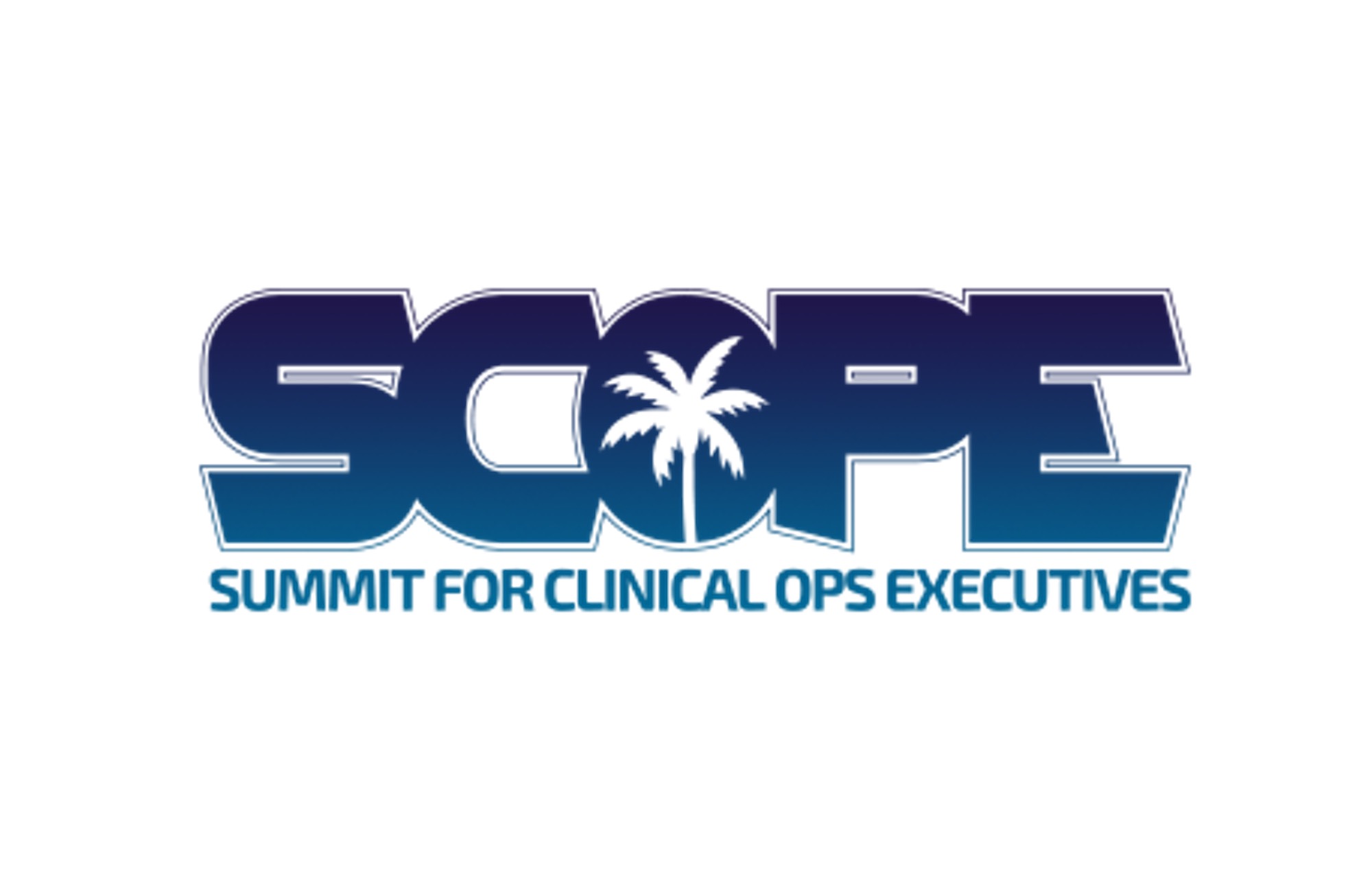Long study duration can have a negative impact on patient compliance
As for any clinical trial, poor compliance in oncology studies is problematic: missing data will jeopardize statistical power, and the clinical trial results will not be representative of the expected use of the drug.
Many of the clinical trials’ challenges are well known, but oncology trials differ from other therapeutic areas: not only are the protocols usually more complex, but they also often last longer than other therapeutic area studies. This brings specific challenges that lead to oncology clinical trials having one of the lowest success rate.
The addition of technical components can help mitigate these challenges, by bringing simplicity, offering flexibility, and smoothing the flow of oncology clinical trials processes. But how can the technical components be well selected and smoothly implemented so that they support the success of eCOA trials? This article digs into the specific complexities of long oncology clinical trials and describes relevant solutions to manage the risks regarding patient compliance, clinical project teams, and clinical sites.
For eCOA components, patient compliance is vital to capture relevant data from both a qualitative and quantitative standpoint. By duly completing all their ePROs and eDiaries, patients will provide valuable and meaningful data that will be necessary for evaluation of the clinical endpoints. This compliance can be affected by several factors: in oncology, the fact that studies often last a long time increases the already existing risks of compliance that are linked to patient health status, the complexity of the protocol, the multiple procedures, and the potential side effects of the drug. In long lasting clinical trials, patients are more liable to losing their motivation for participation in a clinical trial, may feel fatigued by the study procedures, and are more likely to drop out of the study. If patients lose sight of the very reason for which they chose to support the clinical research in the first place, and if moreover they do not understand the protocol or do not receive relevant information about their disease or about the clinical trial, their compliance becomes severely at risk.
How can patients’ investment be maintained in the clinical trial they chose to support? Multiple options now exist to help keep the patient engaged:
- Offering user-friendly data-capture technologies: a fully integrated platform offers a significant advantage over using a combination of various functionalities sourced from different suppliers. Connecting to multiple data collection solutions and services using a single sign-on avoids using multiple credentials. Furthermore, accessing a range of services, such as ePRO completion, eDiary daily completion, or running a televisit, will help to reduce the mental load by having to remember only one password and always using the same app. Also, creating eDiary and ePRO alerts to remind patients of their duties is beneficial for patient compliance and reduces missing datapoints.
- Pushing information to study patients: keeping patients engaged goes hand-in-hand with keeping them interested: sharing information on the clinical study, on the disease, or even on general clinical trial principles will probably be a strength in long-term oncology studies. Using simple media players on the same device can help to share information in multiple formats and in the patients’ own language, and can help to keep patients aware of what is going on in their therapeutic area or of any changes in the study protocol. Moreover, sharing simple and clear documentation that reminds patients of the key role they play within clinical research and the value of the data they provide can help to motivate those who may otherwise be tired or frustrated.
Asking for feedback: another option to keep patients engaged is to ask for their feedback on their clinical trial experience. Asking patients to provide data in only one way can be frustrating and asking for feedback on how patients perceive the study start-up, the consent process, the procedures, and how they evaluate the burden or the consequences of the clinical trial in their daily life, is a fair and valuable approach. By completing a participant feedback questionnaire embedded in the same app, patients can bring their voice to the clinical trials process and to their health management journey. On top of being ethical and empathetic, this step can only have a positive impact on patient compliance.
Long-term studies can be cumbersome for clinical project teams
When clinical studies last a long time, the disparity in which clinical sites progress through the trial becomes more apparent: some sites progress quickly and will exhaust their pool of patients rapidly, running out of new patients to enrol and switching to study closure in a few years, while other site may keep enrolling for much longer and will stay open after other sites have closed. These disparities in site status can lead to potential difficulties for clinical project managers in collecting and managing the right patient’s data at the right time.
Moreover, when a site no longer has patients (because all the visits are over), but the trial is continuing for several other sites, the eCOA provider’s study data managers and programmers must perform all the relevant data management and data closing activities for the relevant site only; for this to happen, they must be precisely aware of the status of all sites and patients. This is not always the case, since project management teams at eCOA service providers are very dependent on the speed at which information on the status of patients and sites is shared with them. These teams need to obtain information from sites very quickly, which can be particularly difficult when sites are out of patients.
- Working with experienced and proactive project management teams is necessary. Experienced team members, encompassing solid project management skills and thorough data management capabilities, can set up a partial database lock and partial archiving when a site completes its part in a study. This way, unexpected data collection will be avoided, and all the data collected from that site will be safely parked into an interim locked database.
This will also allow study teams to save time at the end of the study: the final closure of the study will be faster thanks to several sites having been locked regularly with fewer sites’ data needing to be cleaned for final database lock at the study end. This procedure, although not burdenless for the data management teams, is a solution to the fragmented progression of clinical sites through the study.
Long-term studies can be challenging for clinical sites
A significant challenge here lies in the fact that sites often carry out several studies at the same time with multiple eCOA providers, and so need to use multiple technologies and devices, and must store many credentials. If the digital solution is not easy to use, it can become a hindrance rather than a help. This situation is common in clinical trials that have become increasingly digitalized. Another challenge sits in the fact that in long-term studies, site staff are subject to higher turnover, generating more handover and adjustment periods, which ultimately leads to time loss and frustration.
For clinical trial that last a long time, it can be challenging for site staff to remain up to date with continually and quickly evolving technologies.
Helping clinical sites by providing relevant support is essential:
- Propose a simple and user-friendly digital solution: The objective here is to think not only in a patient-centric manner but to also consider site-centric solutions: having a well-designed solution will help sites if the technology is intuitive and easy to use. As for patients, using an eCOA platform with a single sign-on will allow site staff to use only one credential and have access to multiple features such as activating a WebCOA back-up solution , starting a televisit with a patient, or reviewing clinical data in the Web portal.
- Plan for multiple training sessions: Even with simple solutions, time is needed to get to know the devices and understand the technical solution. By providing both start-up and refresher training throughout the study, site teams will be able stay up to date with the technical solution without having to worry about remembering everything. These sessions on the device and the platform can take place during the Investigator Meeting (IM), during Site Initiation Visits (SIVs), and via self-training using the material made available in the app, and are crucial for site staff to become confident in using the solutions in an autonomous way. This will also allow time to be saved by reducing the helpdesk queries.
- Secure 24/7 helpdesk support: Site staff may still face a situation they cannot solve by themselves, and so a helpdesk is always necessary. Making sure that the helpdesk has 24/7 capabilities is necessary and expanding the way the helpdesk can be contacted will support site staff who may have a range of preferences and usage habits. Offering helpdesk contact via email, telephone, or even via a chat is likely to be appreciated by the site team.
A characteristic of oncology studies is their long duration. This specific characteristic affects the clinical trial in multiple ways: patient compliance may decrease, clinical project teams will face difficulties with staggered patient data collection, and site staff turnover will have an impact on keeping up to date with quickly evolving technologies. Creating a digital solution designed for users, and keeping simplicity in mind combined with smart reminders and helpful information will help to increase patient compliance. Adaptable and experienced teams will respond effectively to study challenges by anticipating relevant solutions. Finally, the capability to provide training at multiple times during the study combined with supportive helpdesk solutions will allow sites to remain comfortable with the tools that they are required to use.
At these times of change in the clinical trials paradigm, implementing actions such as these will probably be required to run oncology clinical trials successfully.









